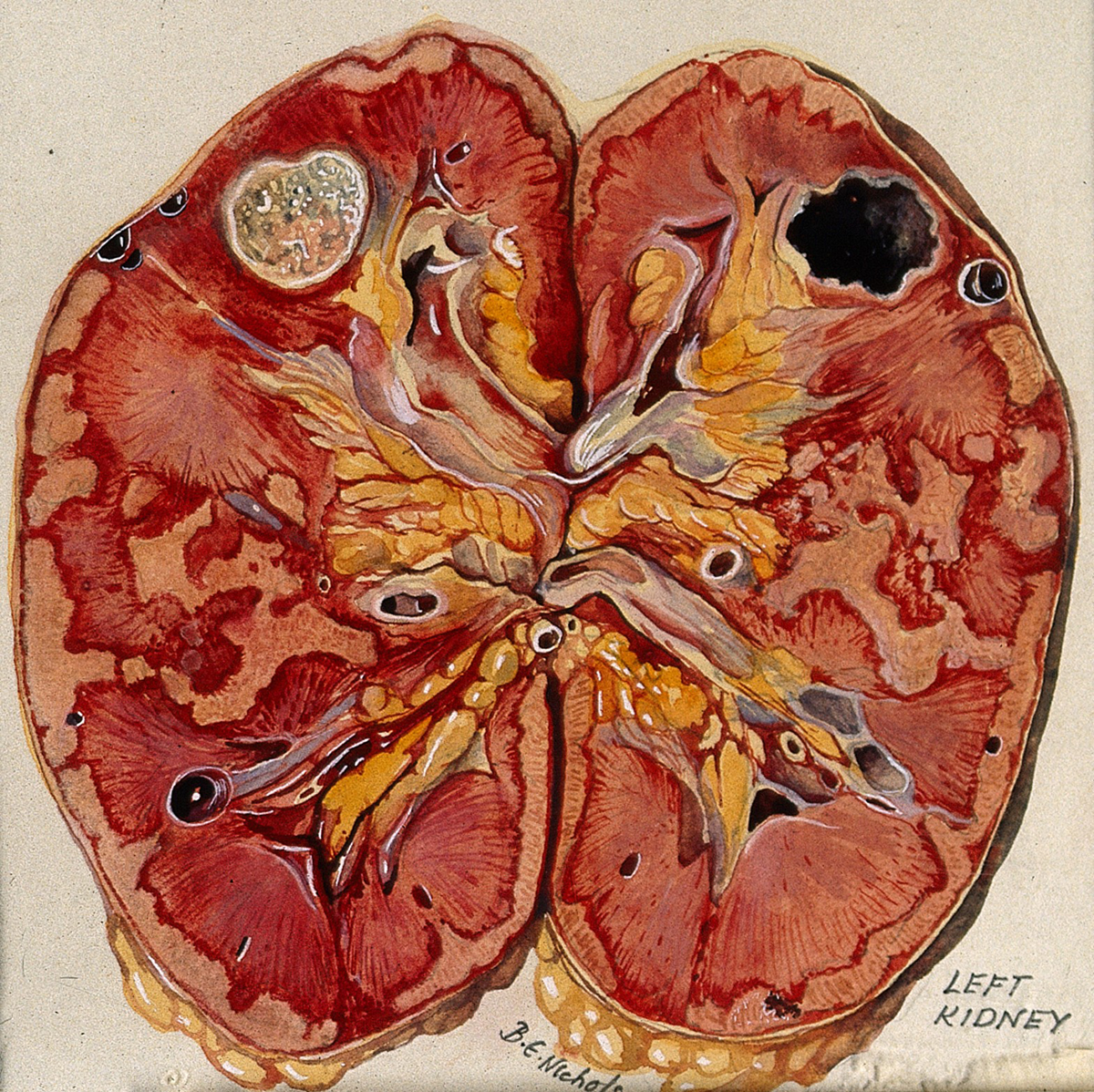
A peptic ulcer is an excavation of mucous membrane which commonly affects the stomach and the duodenum. The damage to the wall of the stomach and duodenum is usually superficial. However, in some cases the ulcer may progress and affect even deeper structures of the stomach and duodenal wall and eventually perforate. So ulcer perforation is considered a complication of peptic ulcers. The condition is rather serious since the content of the stomach and the duodenum enters the peritoneal cavity, leads to its inflammation and may cause serious complications.
Causes of Perforated Ulcer
Medical experts believe there are many factors which may contribute to ulcer perforation. Chronic inflammation of the mucous membrane and the ulcer is definitely the leading cause of ulcer perforation. Ulcer perforation also affects people who are taking certain medications and do not protect the stomach and duodenum lining with suitable drugs. The most common medications that cause inflammation of the stomach and duodenal lining, ulcer formation and their eventual perforation are anti-inflammatory drugs. And finally, ulcer perforation may be a consequence of internal trauma or diseases of the stomach.
Symptoms of Perforated Ulcer
Majority of patients who experience ulcer perforation commonly report a burning pain or sensation in the upper part of the abdomen, between the breast bone and the navel. The pain is changeable and usually varies in intensity. Perforation can be also accompanied by nausea and vomiting. One may even vomit a stomach content which resembles tar. Loss of appetite is also one more characteristic of ulcer perforation. The content of the stomach and duodenum may enter the peritoneum and cause its inflammation. This features with rigidity of the abdominal muscles which can be felt by palpation and the person usually complains about the pain which affects the entire abdomen.
Diagnosis and Treatment for Perforated Ulcer
Endoscopy is the best examination to confirm ulcer perforation. If a doctor suspects the perforation has occurred the person is not supposed to undergo certain examinations such as barium meal since the contrast may enter peritoneal cavity through a hole in the stomach or duodenum. Endoscopy is also suitable since it may at the same time treat the perforation.
Patients with ulcer perforation are hospitalized, administered specific medications (H2 blockers or proton pump inhibitors) and intravenous fluids. They do not eat anything initially. In severe perforation patients are treated surgically (vagotomy, antrectomy or pyloroplasty). After being discharged patients are supposed to get rid of unhealthy habits and embrace healthy lifestyles and diet. Ulcer perforation must be taken seriously and treated timely. This way complications such as peritonitis, scarring of the stomach or duodenum, excessive bleeding etc can be successfully avoided.


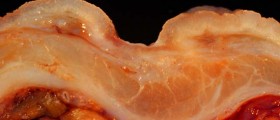




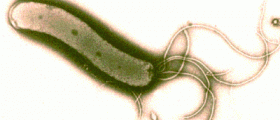



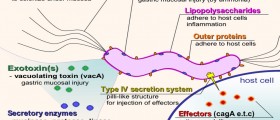



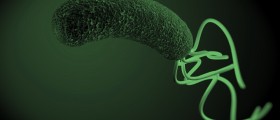

Your thoughts on this
Loading...